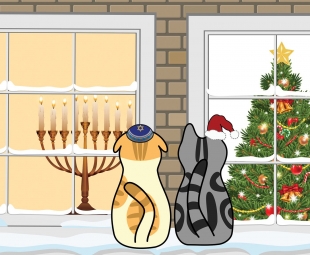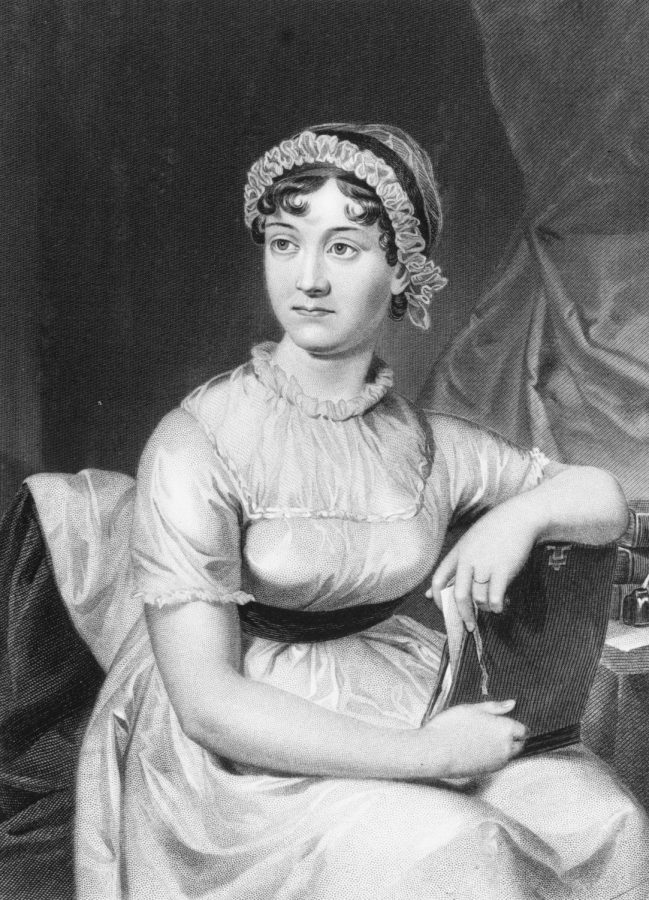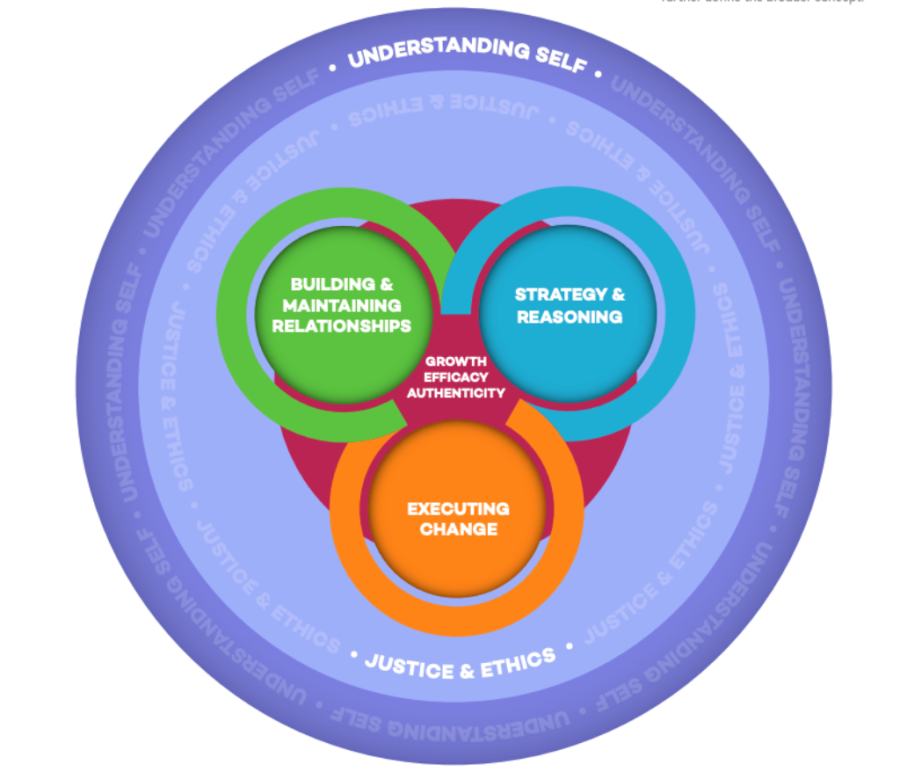
“Merr-ergh, I mean, Happy Holidays, Edie!” I heard these words countless times this holiday season. As someone who has celebrated Christmas with my maternal family and Hanukkah with my paternal family my whole life, I have long struggled with the terms “Merry Christmas” and “Happy Holidays”, but I find the opinions towards the two expressions among my friends and people around me fascinating. My own opinions about what to wish others in late December has also shifted, from a hostility towards “Merry Christmas,” then towards an impatience with the inconsiderateness of others, and currently coming to rest with a belief in the importance of thoughtfulness and choice of words.
Last year, I completely eliminated the words “Merry Christmas” from my vocabulary. Finding the term exclusive and close-minded, I grew internally frustrated every time I heard it, thinking about all the people in this world who don’t celebrate Christmas. I usually responded with a pointed, “And I hope your holidays are happy as well!” While I consider the overwhelming pressure to assimilate that many minorites face on a daily basis a good reason to push back against things that may seem small to others, I changed my holiday wishing habit this year after careful consideration of my motives.
Above all, I want to make people feel valued, respected, and included when they interact with me. If I know for certain that someone celebrates Christmas, is it inclusive to actively avoid saying the name of their holiday? It certainly doesn’t exclude them to express my desire that they have a joyful Christmas. I think I threw some of my friends for a loop this year when they gracefully wished me “Happy Holidays” and I wished them “Merry Christmas” in return.
This doesn’t mean that I do not deeply appreciate my friends’ considerateness when they think to wish me happy holidays or amend someone else’s “Merry Christmas!” with a little smile and a “and Happy Holidays!” I know that my friends remember everything I celebrate, and that makes me feel valued, respected, and included.
In conclusion, I do not expect everyone to completely throw out the term “Merry Christmas,” nor do I hope that “Happy Holidays” will die out. I urge everyone to really think about how their words will impact others, and to whom they are saying “Merry Christmas.” Will this person actually celebrate a Christmas that you hope will be merry? Or, when in doubt or if you know they do not celebrate Christmas, maybe “Happy Holidays” is the way to go.







